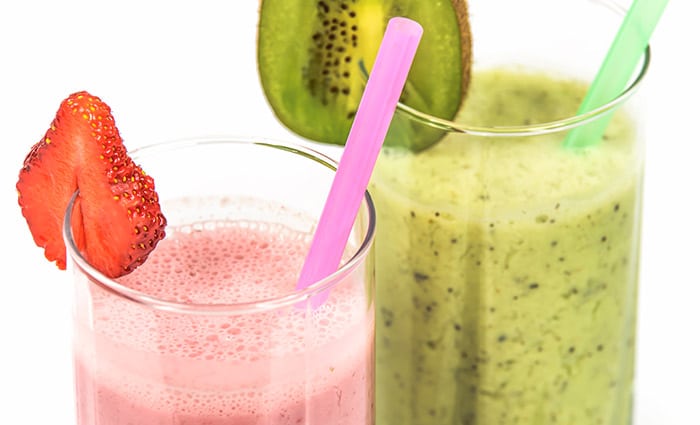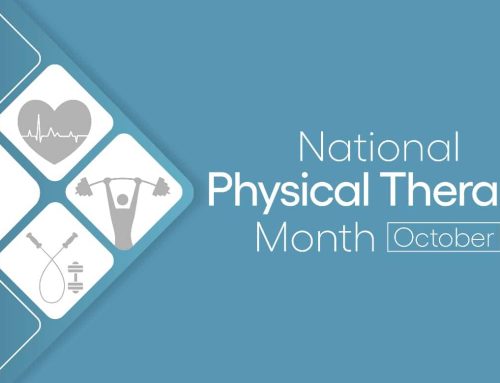Remember the saying “You are what you eat”? Well, turns out you are what you drink, too! When we think of nutrition, we often think only of solid foods. But what you drink is a large part of what we put into our bodies and should be considered as part of our overall nutrition. Making healthy beverage choices is equally as important as choosing healthy foods.
What you eat and drink is passed on as information to your body’s organs and can have an adverse effect on how you feel. Consuming sugary drinks such as soda can negatively affect your body’s ability to absorb calcium. Instead, try these drinks. Besides being healthy choices, you may very well find them to help relieve arthritis pain!
Tea
Tea is one of the best beverages for arthritis patients due to its many health benefits. Green, black and white teas are all rich in anti-inflammatory compounds like polyphenols. Green tea is generally viewed as the most beneficial because of its active ingredient “epigallocatechin-3-gallate” or EGCG. EGCG has been shown to have antioxidant activity 100 times stronger than vitamins C and E, helping to preserve cartilage and bone.
Milk
Contrary to popular belief, you do not have to go dairy-free if diagnosed with arthritis. Unless you are lactose intolerant, milk and other dairy products can have positive health benefits. As reported by the Arthritis Foundation, “a 2017 review of 52 clinical studies … concluded that dairy generally has anti-inflammatory effects, except in people allergic to cow’s milk.” Milk aids in shielding the body against gout attacks and can also prevent the progression of osteoarthritis.
Consider your particular health factors when selecting the best type of milk for you; goat’s milk may be more digestible for those with dairy sensitivities, and low-fat milk is a good choice if weight gain is a concern.
Coffee
Coffee has proven to have dense antioxidant profiles along with a generous concentration of anti-inflammatory polyphenols. Coffee attacks harmful free radicals within the body, which can cause all types of severe cell damage. Coffee also provides a protective shield that prevents the symptoms of gout.
The jury is still out about the link between coffee and increased risk of osteoporosis and rheumatoid arthritis. Some studies indicate that coffee increases the risk of these conditions, while others show no correlation.
As a rule of thumb, it is best to drink coffee in moderation, no more than two cups a day. Pay attention to your caffeine intake and be mindful of fancy coffee drinks full of calories and sugar.
Fresh juices
Orange, pineapple, tomato and carrot juices are all brimming with vitamin C, meaning they contain antioxidant properties to fight free radicals that lead to inflammation. Tart cherry juice has also been shown to help prevent gout flare-ups and reduce osteoarthritis symptoms.
Any fresh juice can be beneficial. However, juices can also be high in sugar and calories, so always be mindful and enjoy in moderation.
Smoothies
Experts rave about the benefits of smoothies over juice. Instead of just squeezing out the juice, you can receive the maximum amount of nutrients by using the entire fruit or veggie in a smoothie. The best way to give your body antioxidants it needs is to add fruits and veggies that are rich in vibrant colors. Colorful berries and dark leafy greens, such as kale and spinach, are the best pick for a large assortment of nutrients, vitamins and minerals.
Adding yogurt to your smoothie is another way to give your body essential vitamins and helpful probiotics. Try adding turmeric (an anti-inflammatory super spice), sunflower seeds, coconut milk or coconut oil for an excellent home remedy to treat joint pain. Curcumin has also been shown to reduce osteoarthritis.
Red wine
Red wine contains a compound called resveratrol, which has potent anti-inflammatory effects. Studies show that red wine consumption is associated with a reduced risk of knee-related osteoarthritis. It can also cut risk factors contributing to rheumatoid arthritis.
However, alcohol has been known to exacerbate arthritis. Drinking in excess of one drink a day for women and two a day for men can counteract the benefits and turn your alcoholic drink into a pro-inflammatory. The rule of thumb is always moderation.
Water
If there is one drink to focus on, it’s water! Keeping your body hydrated is vital for flushing out toxins, thereby helping fight inflammation. Drinking enough water can keep your joints lubricated and help prevent gout attacks. Start your day with a glass of water, and drink at least eight glasses per day as the recommended daily amount. And don’t bother wasting time and money on enhanced waters as the added amount of nutrients and antioxidants is generally small.
When to seek a doctor’s advice
Although eating and drinking anti-inflammatory foods can help ease your daily arthritis pain, if you are experiencing prolonged joint pain or think you may have degenerative joint issues, don’t delay in seeing your orthopaedist. We provide comprehensive orthopaedic and spine care at locations across Wake County. Our orthopaedic specialists can recommend the best course of treatment. Contact us to book an appointment.






